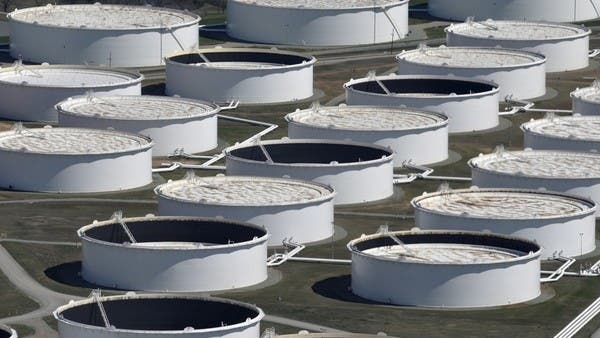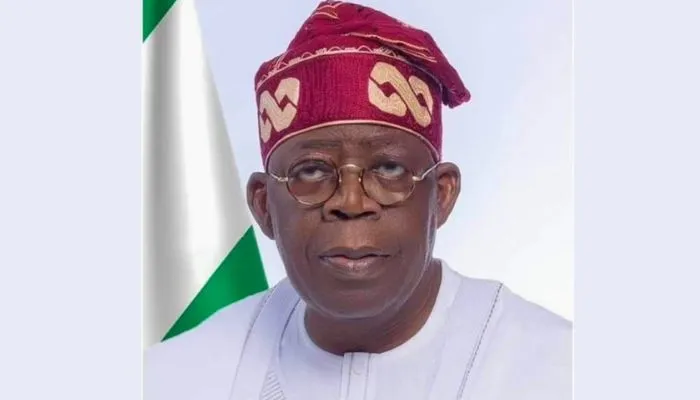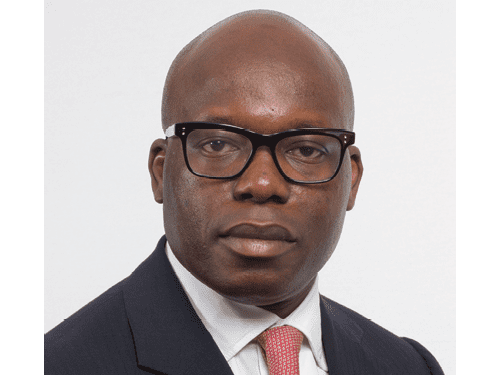After releasing the FY 2022 financial statements, Oando Plc has followed up with a press statement to address its net loss of N81.2 billion incurred in 2022, citing militancy and pipeline vandalism as major culprits.
Despite reporting a gross turnover of N1.99 trillion during the fiscal year, the group posted a loss after tax of N81.2 billion, a significant downturn from the N39.2 billion profit after tax posted in 2021.
Speaking on the result, Wale Tinubu, Group Chief Executive of Oando Plc, noted, “The heightened militancy and pipeline vandalism acts within the Niger Delta region dealt a substantial blow to our upstream operations, resulting in a marked reduction in our crude production volumes due to the protracted shut-ins for repair following each incidence.
“This was further compounded by a major gas plant fire incident which also necessitated a lengthy downtime.
“Furthermore, a rise in our net interest expense due to increased interest rates on several of our major facilities in line with global rates increases, also contributed to our Loss after Tax position.
“In response, we have put in place definitive measures to bolster our production and cash inflows towards ensuring a speedy return to profitability by collaborating with our partners to institute a comprehensive security framework aimed at permanently curbing the persistent pipeline vandalism whilst concurrently exploring inorganic growth opportunities to increase our reserves and production capabilities.
“We have also implemented a strategic restructuring of our key facilities to ensure they align with our cash flow dynamics.”
Pipeline vandalism cost Nigeria N471 billion in 5 Years Economic implication of oil theft in Nigeria.
Theft and vandalism of oil installations is a major problem plaguing the oil and gas sector in Nigeria. The crime of oil theft has had a negative impact on the national economy and the business of local and international oil companies operating in the upstream sector.
Although there is no precise figure to quantify the financial impact of oil theft on the Nigerian economy, a study conducted by Dimkpa et al. (2023) estimates that Nigeria lost approximately $33.6 billion in oil revenue to oil theft between 2019 and 2022.
A significant economic implication for Nigeria has been the consistent decline in oil production. Nigeria’s average oil production in 2022 was at 1.45 million barrels per day, an almost 1-million-barrel decline from the 2.4 million barrels per day produced by Nigeria in 2012.
In 2022, Oando’s total upstream production amounted to 20,703 barrels of oil equivalent per day (boe/day). This comprised 4,939 barrels per day of crude oil, 472 barrels per day of natural gas liquids, and 15,292 barrels per day of natural gas.
This figure represents a 22.7% decline from the 26,775 boe/d output reported by the group in 2021.
According to the company’s press statement, the decline in production was attributed to downtimes caused by shut-ins for repairs and sabotage activities.
In 2022, Oando Plc sold approximately 21.8 million barrels of crude oil, representing a 25% increase from the 17.4 million barrels sold in 2021. The group also sold about 1.94 million metric tonnes of refined petroleum, representing a 101% increase from the 962,371 metric tonnes sold in 2021.
Despite recording a decline in oil output, the group was able to sell an increased amount of crude oil due to its contracts with the then Nigerian National Petroleum Corporation (NNPC), ultimately contributing to its 148% revenue growth in 2022.
In 2022, Oando sold crude oil at an average realized oil price of $101.55/barrel and a gas price of $14.74/Boe, compared to 2021’s prices of $62.14/barrel for crude oil and $9.95/Boe for gas.
OMLs 60 to 63 gulped about $77.7 million in capital expenditure (CAPEX) from Oando, while OML 56 and OML 13 gulped about $22.6 million and $200,000 respectively. The group also spent $1.4 million in capital expenditure (CAPEX) on other assets.
As of 2022, Oando owned 20% stake in OMLs 60 to 63, as Nigerian Agip Oil Company (NAOC) also owned a 20% stake.
However, Oando is in the process of purchasing NAOC’s 20% stake in the oil fields, which will push its stake up to 40%.

 News3 years ago
News3 years ago
 Entertainment2 years ago
Entertainment2 years ago
 News3 years ago
News3 years ago
 Privacy3 years ago
Privacy3 years ago
 Sports2 years ago
Sports2 years ago
 Entertainment2 years ago
Entertainment2 years ago
 News3 years ago
News3 years ago
 Opinion3 years ago
Opinion3 years ago



